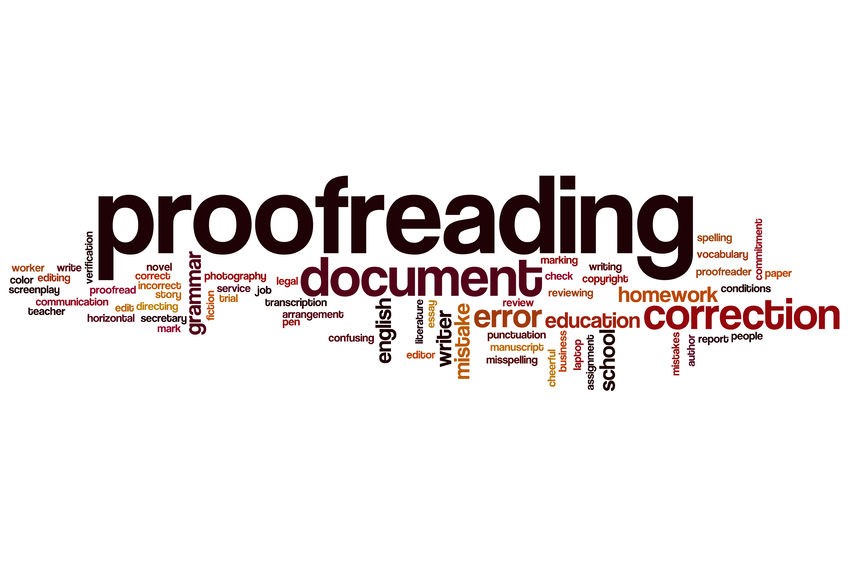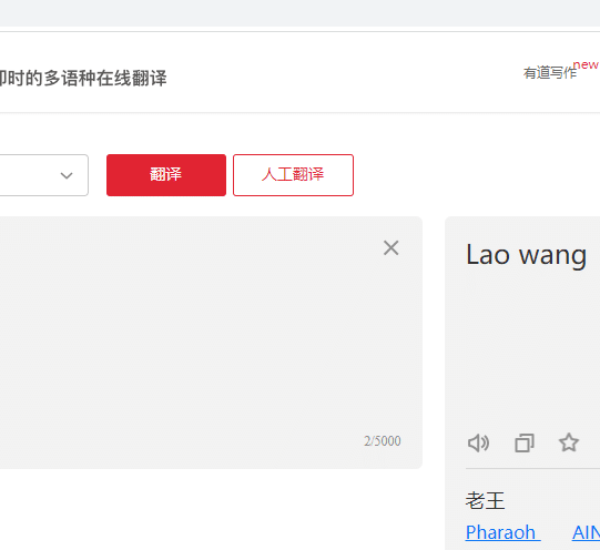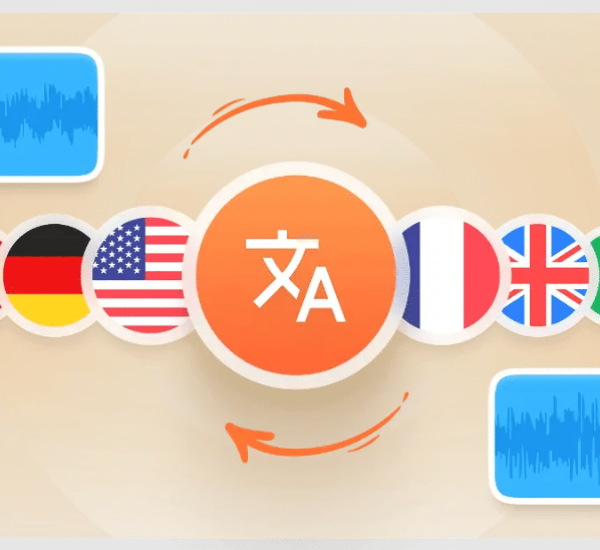Recently updated on February 21st, 2024 at 08:34 pm
Have you ever come across a restaurant menu or a website in Chinese that is riddled with grammatical mistakes? Perhaps it was a typo that threw you off or the improper use of English and Chinese punctuation marks. Either way, it’s very easy for readers to spot the writing mistakes that tend to leave a bad taste in their mouths. Hence, having the translated content proofread and edited by a qualified Chinese translation proofreader is essential.
What is Proofreading?
Proofreading is the process of reviewing the final draft of a copy. Its purpose is to assess the grammar, spelling, punctuation, sentence structure, and layout.
What proofreading entails varies depending on the industry. Academic proofreading is miles away from proofreading for website content. In translation, a proofreader must check how well the translated document conveys the intended message and if the original tone is reserved.
What Are Different Types of Proofreading?
There’re mainly three types of proofreading, all focusing on the final pre-publication check for grammar, spelling, punctuation, etc. However, there’re some additional priorities that set them apart.
Academic Proofreading
Academic proofreading is the last step that academics take before sending the final version to their professors or publishers. It usually includes citing and referencing checks apart from usual checks.
Publishing Proofreading
Proofreading is the final stage in the editorial process prior to publication. Publishers usually hire proofreaders to double-check all prior authors’ and editors’ work for spelling, grammar, and punctuation.
Chinese Translation Proofreading
Chinese translation proofreading is the practice of evaluating the source document and the target document to see whether the target document conveys the intended messages of the original one with correct grammar, spelling, punctuation, etc.

Why Do You Need a Chinese Translation Proofreader?
Even the most talented and experienced translators can make a mistake without realizing it. In addition to that, when translating documents that require transcreation, it’s always critical to get a second and third set of eyes on a given text for better refinement.
Skipping the proofreading step can lead to miscommunications, loss of revenue, damage to reputation, etc. It’s a vital step for even the simplest commercial document. You wouldn’t send an email to prospective clients without proofreading it, nor would you distribute your marketing collateral without hiring a proofreader to check the translation.
When it comes to English to Chinese translation, the demand for Chinese proofreading and editing services grow at an unprecedented pace. It’s the only way to guarantee your communications are the exact equivalent of your originals. As well as that they are on-point, publication-ready, and completely fit for the task.
What to Look for in a Chinese Translation Proofreader?
A qualified Chinese translation proofreader must have a list of skills. The following are top 5 qualifications to look for when you’re seeking proofreading services for Chinese translations.
A Native Chinese Speaker
If you want to make sure your content is culturally appropriate and flows naturally, you can’t outsource the task to others than a native Chinese speaker. A native understands the Chinese culture, laws, jargons, etc, and can easily spot any inappropriate wordings. It helps you avoid incorporating the kind of errors which are often painfully obvious and jarring to a native eye.
A Master of the Source Language
The purpose of translation proofreading is to assess whether the translation conveys the same messages of the original texts in the same tone, and whether there’s any change after passing through the translation process like the tone might have been accidentally made more strident. If the Chinese translation proofreader isn’t a master of the source language, he/she doesn’t know precisely what the source text says.
A Subject Matter Specialist
It’s a critical qualification for a Chinese translation proofreader to have industry-specific knowledge. For instance, if you’re in a legal field, you might reference certain laws or practices. If you’re in the renewable energy industry, you might need a proofreader who is well versed with that industry and its terminologies.
Access to Translation Tools
CAT (Computer Aided Translation) tools are used by modern translation agencies to deliver services. What’s neat about CAT tools is they include features like Translation Memories that store already translated words and phrases. If a Chinese translation proofreader has access to translation tools like Translation Memories, it will greatly increase the proofreading efficiency, and the content is more consistent with the choices of words and tones.

Chinese Copywriter Team consists of talented linguists, project managers, localization engineers, and SEO experts. Since 2012, we have been providing translation, localization, and marketing services for various international businesses targeting the Chinese markets as well as Chinese businesses expanding their global reach.



